Yes and No
Do you use the word yes more than the word no?
From an evolutionary standpoint, humans have a preference.
Words change things.
Take a moment to consider that the right words can be uplifting and lead you to take action. Words can soothe you, calm your mind, and inspire you to move toward your goals and express love and joy. Words can also be hurtful, and not helpful. In our age of misinformation, words are misused as vehicles of confusion and manipulation. There are many examples all over the internet. It can be a tough lesson: your words can be used to nurture and create, and your words can also be used to divide and destroy.
What power!
Words also affect you physically—that is, physiologically and neurologically. Authors, Andrew Newberg, M.D., and Mark Robert Waldman, wrote a beautiful book years ago called, Words Can Change Your Brain. In that book the authors talk about the scientific evidence from the fields of psychology and neuroscience that proves something you may have already suspected: words affect the body and mind. The book covers the cold hard scientific fact that the brain is wired to be attuned to the negative from a survival standpoint (see the article the authors wrote for Psychology Today here). But concentrating exclusively on the negative is not healthy, nor is it a way to live (it might make you avoid life all together!). The authors thus support the practice of the power of yes, which they refer to as compassionate communication, and they feature the twelve strategies to use in the pursuit of compassionate communication. These are below, and, yes, these strategies can change your brain for the better.
The Twelve Strategies of Compassionate Communication
Relax
Stay present
Cultivate inner silence
Increase positivity
Reflect on your deepest values
Access a pleasant memory
Observe nonverbal cues
Express appreciation
Speak warmly
Speak slowly
Speak briefly
Listen deeply
I appreciate this list as a sort of philosophy of life and being. The above steps are a mind-body practice of their own, or they can be part of the mind-body practice you already do, like meditation, prayer, Yoga, Tai Chi or Qigong. The twelve strategies listed here can also be intentions you hold when you practice anything, and so they can be a way to strengthen your conscious intent and commitment to bring the positive into life.
Getting along with people is not only about “getting lucky” or random chance. Sometimes, you need to make an effort to relate to someone by having patience and being willing to discover new ways of connecting, listening, and speaking.
I like to remind myself and the people I work with that the relationship you have with yourself is social, and so all this applies to how you treat yourself and take care of yourself as well. What you say to yourself at any given time can have lasting effects, either positive or negative.
May your words be positive and healing.


